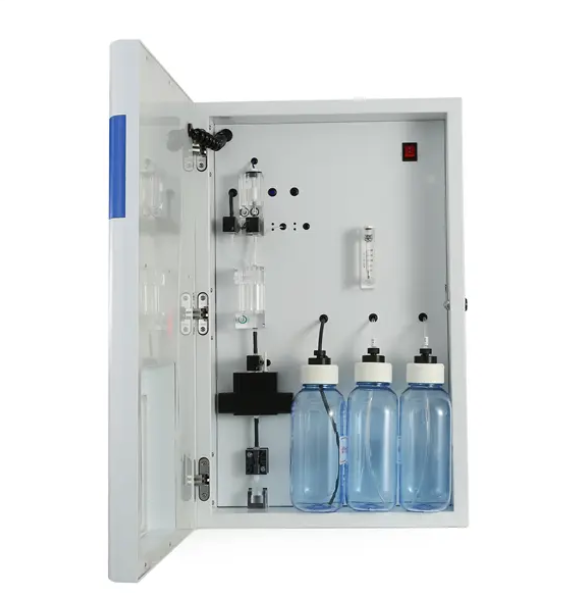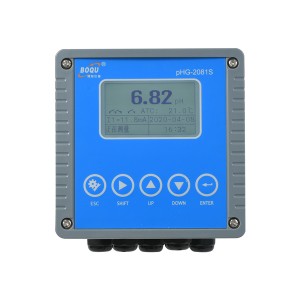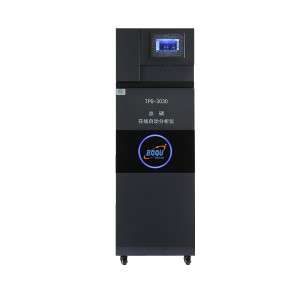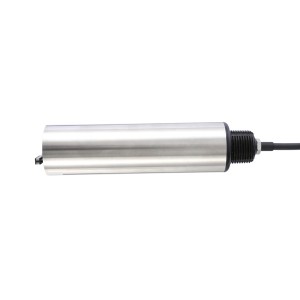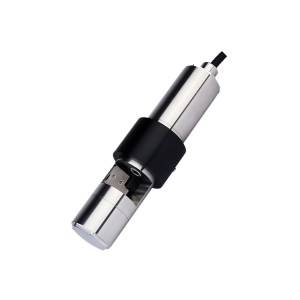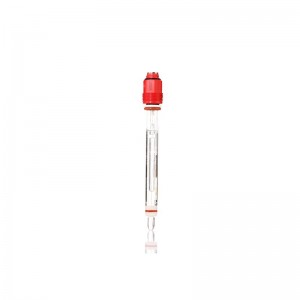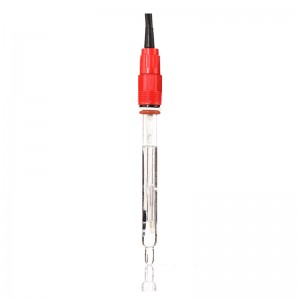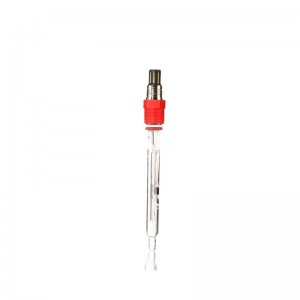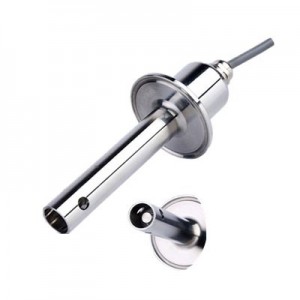In the realm of power plant operations, maintaining water quality is of utmost importance. Impurities present in water can lead to corrosion, scaling, and reduced overall efficiency. Silicates, in particular, are a common contaminant that can cause significant damage to power plant equipment.
Fortunately, advanced technology in the form of silicates analyzers is available to help power plant operators monitor and control silicate levels effectively.
In this blog, we will delve into the significance of ensuring water quality, the role of silicates analyzers, and how they contribute to the efficient operation of power plants.
Understanding The Importance Of Water Quality In Power Plants:
Impurities and their Impact on power plant operations:
Impurities, including dissolved solids, suspended solids, organic matter, and various contaminants, can accumulate in the water used in power plants. These impurities can cause corrosion, fouling, scaling, and microbiological growth, all of which can hamper plant performance and efficiency.
Focus on silicates as a critical contaminant:
Silicates are a specific type of impurity that can be particularly troublesome in power plants. They often enter the water system through the makeup water source or as a byproduct of the chemical treatment process. Silicates are known to cause severe scaling and deposition, leading to reduced heat transfer efficiency, increased pressure drop, and even equipment failure.
The need for advanced monitoring and control methods:
To ensure optimal power plant performance and prevent costly downtime, it is crucial to implement effective monitoring and control methods for water quality. This is where silicates analyzers play a vital role in providing accurate and real-time data on silicate levels, enabling timely actions to mitigate potential issues.
Silicates Analyzer: A Powerful Tool For Water Quality Assessment
How silicates analyzers work
Silicates analyzers operate by extracting a representative water sample from the power plant’s water system and subjecting it to the analysis process.
Depending on the analyzer type, it can measure the silicate levels based on color changes, light absorption, or electrical conductivity. The analyzer then provides real-time data on the silicate concentrations, allowing operators to take appropriate actions as needed.
The following introduces you to the silicates analyzers from BOQU, including how it works, and what are its very convenient advantages:
How Does It Work: High Precision and Efficiency
The GSGG-5089Pro Silicate Meter utilizes a unique air mixing and photoelectric detection technology, enabling rapid chemical reactions and delivering high measurement accuracy. This feature ensures reliable and precise monitoring of silicate levels, allowing operators to take prompt actions based on the real-time data provided by the instrument.
A. Low Detection Limit for Enhanced Control
The GSGG-5089Pro Silicate Meter boasts a low detection limit, making it ideal for monitoring silicate levels in power plant water feed, saturated steam, and superheated steam. This capability allows for precise control of silicon content, enabling operators to maintain optimal water quality and mitigate the risks associated with silicate deposition and scaling.
B. Advanced Functionality and Flexibility:
This silicate meter offers several advanced features that further enhance its performance and versatility:
a. Long-life light source:
The instrument utilizes a cold monochrome light source, ensuring an extended lifespan and reliable measurements.
b. Historical curve recording:
The GSGG-5089Pro can store up to 30 days of data, enabling operators to track and analyze trends in silicate levels over time.
c. Automatic calibration:
The instrument supports an automatic calibration function, allowing operators to set calibration intervals according to their specific requirements.
d. Multi-channel measurements:
The GSGG-5089Pro offers the flexibility to perform measurements in multiple channels, with the option to choose between 1 to 6 channels. This capability enables simultaneous monitoring of silicate levels in different water samples within the power plant’s water system.
Incorporating the BOQU GSGG-5089Pro Silicate Meter into power plant water quality monitoring processes empowers operators with accurate and reliable silicate measurement capabilities. The instrument’s high precision, user-friendly interface, and advanced functionality contribute to efficient water quality assessment, enabling power plants to maintain optimal conditions, prevent equipment damage, and ensure long-term operational efficiency.
Exploring The Applications Of Silicates Analyzers In Power Plants:
Power plants are complex systems that operate under a variety of conditions. In order to maintain optimal performance and make informed decisions about equipment maintenance, operators need access to accurate and up-to-date data.
Silicate analyzers help power plant operators achieve this goal by providing them with real-time measurements of silicate levels in water used within the plant’s system.
Silicates analyzer in feedwater treatment:
In the feedwater treatment process, silicates analyzers play a crucial role in monitoring and controlling silicate levels. They help optimize the chemical dosing process by providing accurate data on the silicate concentrations, allowing operators to adjust the treatment chemicals accordingly.
By maintaining the silicate levels within the recommended range, potential scaling and deposition issues can be mitigated effectively.
Silicates analyzer in steam cycle chemistry:
Silicates analyzers are invaluable tools in monitoring and controlling silicate concentrations in the steam cycle. High silicate levels can lead to severe scaling on turbine blades, reducing their efficiency and potentially causing blade erosion.
By closely monitoring silicate levels, power plant operators can implement appropriate treatment measures to prevent scaling and maintain optimal steam cycle chemistry.
Silicates analyzer in condensate polishing:
Condensate polishing systems are used to remove impurities, including silicates, from the condensate water before it returns to the boiler.
Silicates analyzers help ensure the efficiency of the condensate polishing process by continuously monitoring the breakthrough of silicates and triggering the appropriate actions for regeneration or replacement of the polishing media.
Best Practices For Silicates Analysis And Control:
To ensure accurate and reliable measurements, silicates analyzers should be installed correctly and calibrated according to manufacturer guidelines. Regular calibration checks are essential to maintain measurement accuracy over time.
Integration with plant control systems and data analysis:
Integrating silicates analyzers with plant control systems allows for seamless data acquisition, analysis, and automated control actions. Real-time monitoring and data logging enable operators to track trends, set alarms for abnormal silicate levels, and make informed decisions based on the collected data.
Cooperating with BOQU, you will get a faster, smarter, and more convenient detection operation experience. BOQU is a company specializing in the manufacture of accurate water quality testing instruments. It has cooperated with many factories, and you can see those successful cases on its official website.
Continuous improvement and optimization strategies:
Power plants should adopt a proactive approach to water quality management by continuously assessing and optimizing their silicate control strategies. This may include analyzing historical data, conducting periodic audits, implementing process improvements, and exploring advanced treatment technologies for silicate removal.
Final words:
Silicates analyzers play a pivotal role in ensuring water quality and the efficient operation of power plants. By providing accurate and real-time monitoring of silicate levels, these advanced instruments enable early detection of issues, enhance maintenance planning, and contribute to cost savings.
Post time: Jun-15-2023

